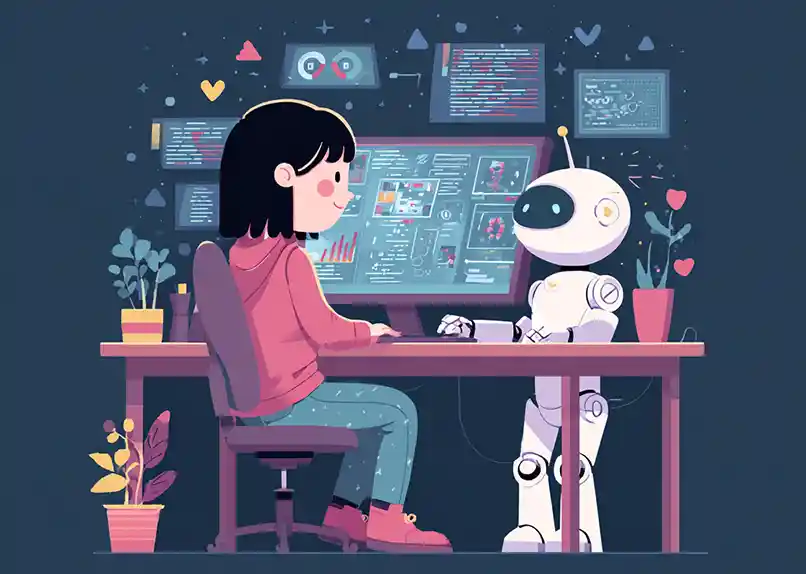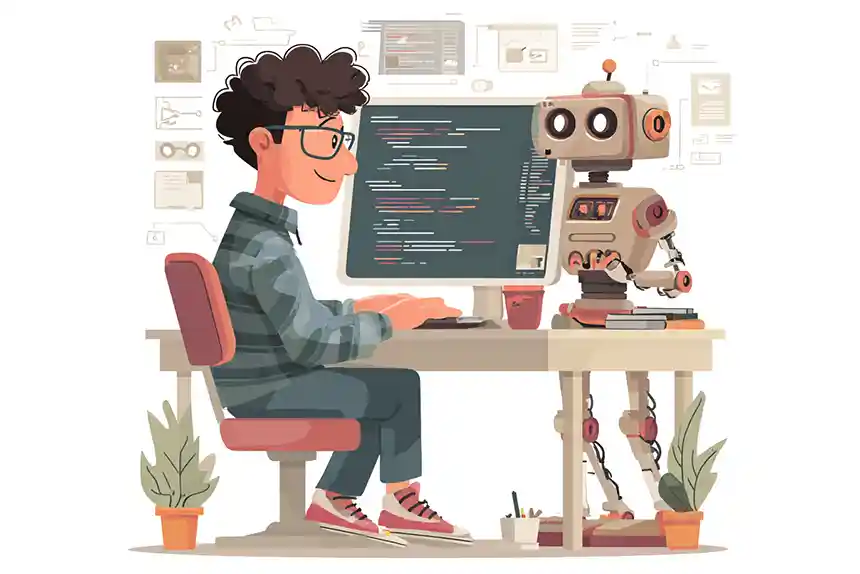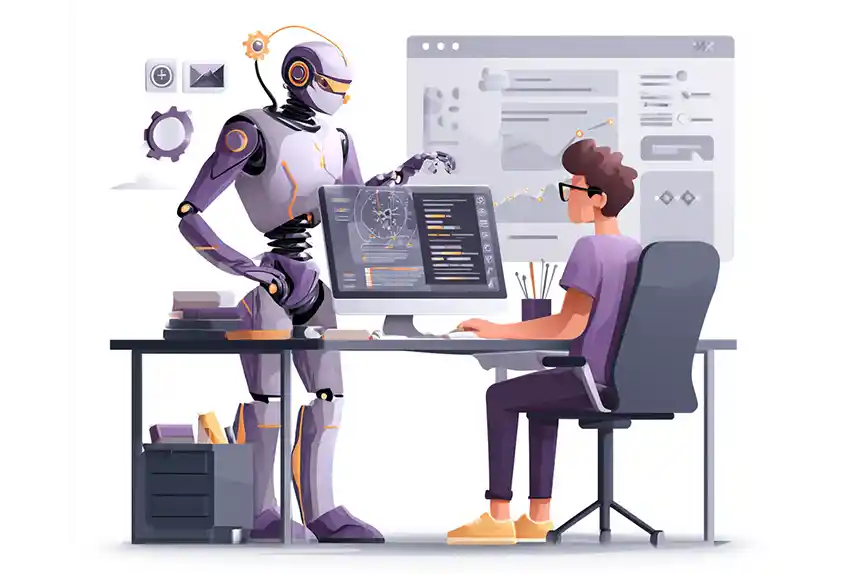5 Ways OpenAI Just Revolutionized Content Creation Forever

Amanda Jones

In the fast-moving world of artificial intelligence, OpenAI has consistently been at the forefront of innovation. Their commitment to pushing the boundaries of AI technology has led to several groundbreaking developments. Just yesterday at their developer conference, OpenAI Dev-Day 2023, they announced several new ChatGPT features. In this blog post, we summarize the five most important ways OpenAI has changed the AI landscape for content creators forever, from empowering users to create custom AI models to defending against copyright claims.
1. Custom GPTs: Unleash Your Creativity Without Coding
Imagine having the power to create your own AI models with specific skills and knowledge tailored to your needs, all without writing a single line of code. OpenAI has made this dream a reality with the introduction of custom Generative Pre-trained Transformers (GPTs). This feature allows you to craft personalized versions of ChatGPT by combining instructions, additional knowledge, and various skills.
For example, you can create custom GPTs for a wide range of applications, such as:
- A writing coach to help you improve your content.
- A marketing advisor to provide valuable insights and guidance.
- An SEO coach to assist in optimizing your content and improving your search rankings.
- A Canva GPT that can generate stunning design ideas.
- A Zapier AI Actions GPT to automate various tasks, making your workflow more efficient.
The possibilities are limited only by your imagination. With the ability to build AI apps that cater to your specific needs, OpenAI's custom GPTs open up new horizons for innovation and problem-solving.
2. The App Store of AI: Monetize Your AI Creations
OpenAI has taken the concept of custom GPTs a step further by introducing the GPT Store. Think of it as the App Store for iPhones, but with a twist – now, anyone can build and monetize their AI apps without requiring extensive coding skills. This development democratizes the AI landscape, allowing creators to share their innovations with the world and earn from their efforts.
The GPT Store offers a marketplace for custom GPTs, providing a platform for creators to showcase their AI models and make them accessible to a wide audience. This not only fosters a spirit of innovation but also empowers individuals and businesses to leverage AI for their unique needs. With this game-changing feature, OpenAI is turning AI into a community-driven force for progress.
3. GPT-4 Turbo: Expanding the Possibilities
OpenAI doesn't stop at empowering users to create custom models and monetize them. They have also raised the bar with the introduction of GPT-4 Turbo. This version of GPT-4 boasts a 128k context window, enabling you to write prompts the size of a book. With an updated knowledge base that extends to April 2023, ChatGPT and other AI models can offer more accurate, up-to-date information.
The GPT-4 Turbo is a significant advancement in natural language processing, enhancing the capabilities of AI models by enabling them to process and generate content within a broader context. Whether it's answering complex questions, assisting in research, or creating longer pieces of content, this development unlocks new horizons for AI-powered applications.
4. Assistants API: Elevating User Experience
OpenAI's commitment to enhancing the AI landscape goes beyond creating custom models and expanding knowledge bases. The introduction of the Assistants API is yet another way they are transforming the AI world. This API allows developers to build agent-like experiences within their applications, elevating user experiences to a new level.
Imagine having a natural language-based data analysis app that can communicate with users in a conversational manner, making complex data more accessible and understandable. Or a coding assistant that not only helps you write code but also provides in-depth explanations and suggestions to improve your coding skills. Additionally, an AI-powered vacation planner can take the stress out of trip planning by offering personalized recommendations and booking assistance.
The Assistants API enhances the conversational and interactive aspects of AI applications, making them more user-friendly and efficient, and broadening the scope of what AI can do.
5. Copyright Shield: Protecting Users from Legal Hassles
OpenAI understands that the world of AI can sometimes be legally challenging, particularly when it comes to copyright issues. That's why they have introduced the Copyright Shield. If you're an individual or company using OpenAI products and are concerned about potential copyright infringement claims, OpenAI has your back.
Under the Copyright Shield, OpenAI is committed to defending its customers and covering the costs incurred in legal claims related to copyright infringement. This offers peace of mind to users, allowing them to focus on utilizing AI without the fear of legal repercussions.
Summary
OpenAI has transformed the AI landscape with a series of groundbreaking developments. From custom GPTs and the GPT Store to GPT-4 Turbo and the Assistants API, OpenAI is ushering in a new era of AI innovation for content creation. Additionally, their Copyright Shield demonstrates their dedication to supporting users through potential legal challenges. These innovations are changing the way we interact with and benefit from AI, making it more accessible and versatile than ever before. OpenAI's contributions are not just changing AI; they are changing the world for content creators.
Learn more about how AI can be utilized to improve content creation and management by watching our recent pod CrafterCast Episode 12: Why AI is Important to CMS and Content Authors.
Related Posts

Headless CMS for QSR: Powering Digital-First Quick Service Restaurants

Amanda Jones

AI Skills for CMS-Based Web Development

Sara Williams

What Are AI Skills? From Intelligent Assistance to Executable Capabilities

Amanda Lee

From HTML Template to Fully Managed Experience in Minutes: CrafterCMS + AI-Powered Workflows

Sara Williams






